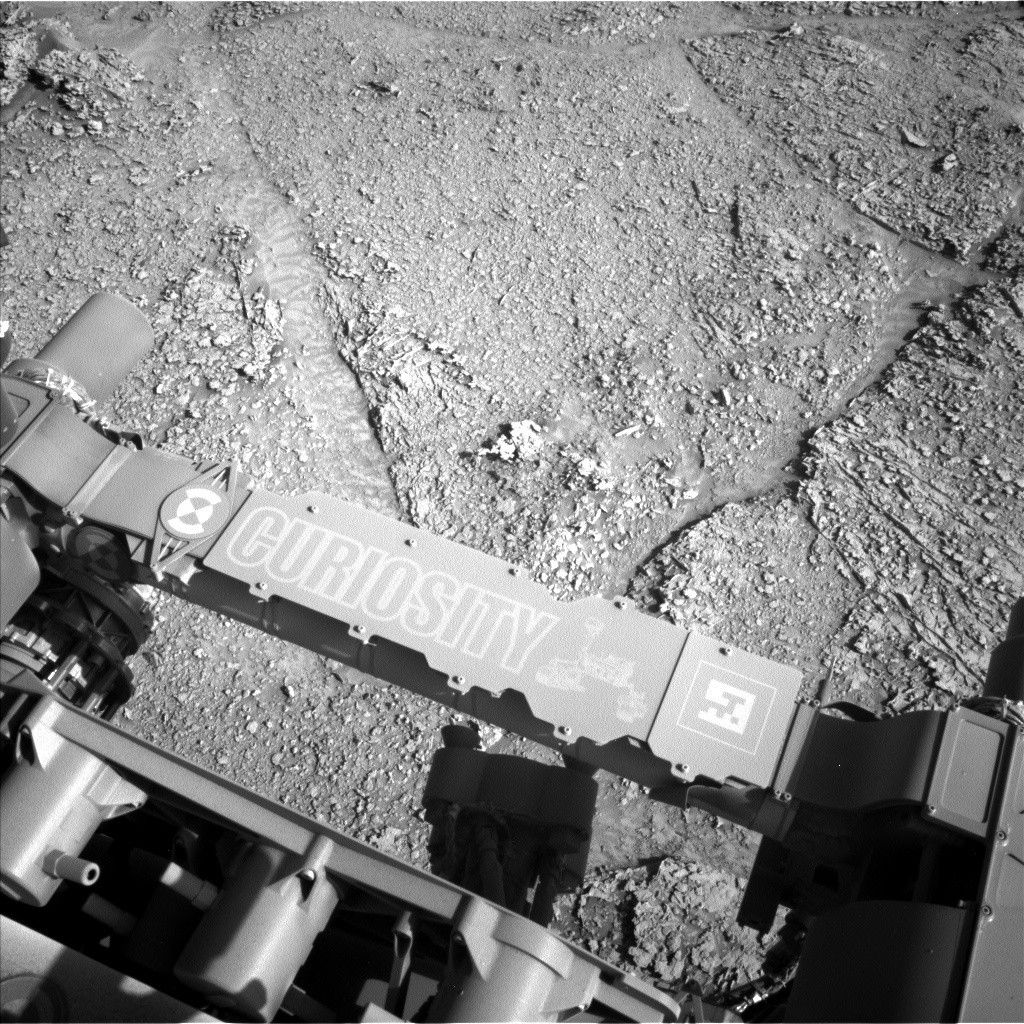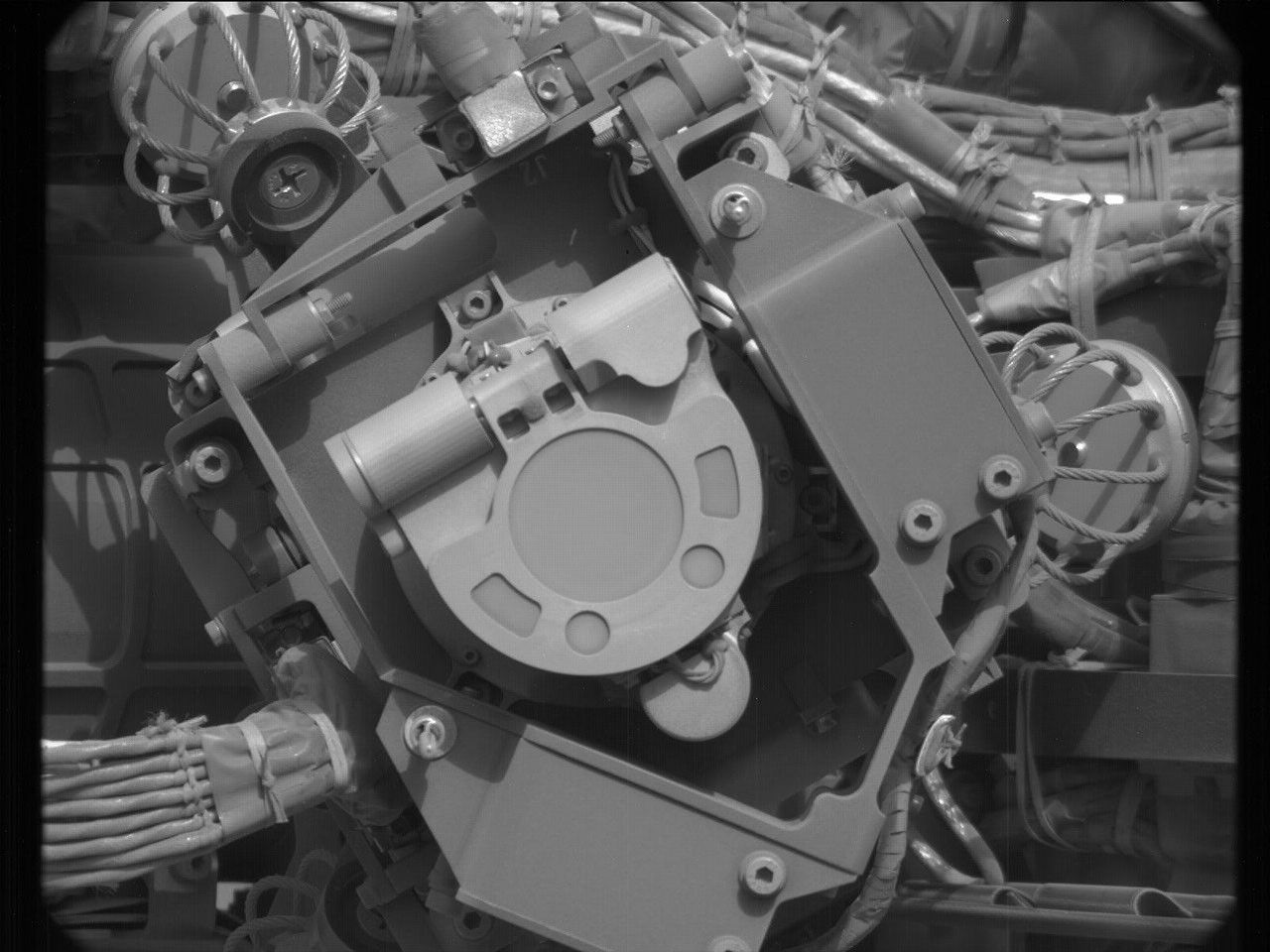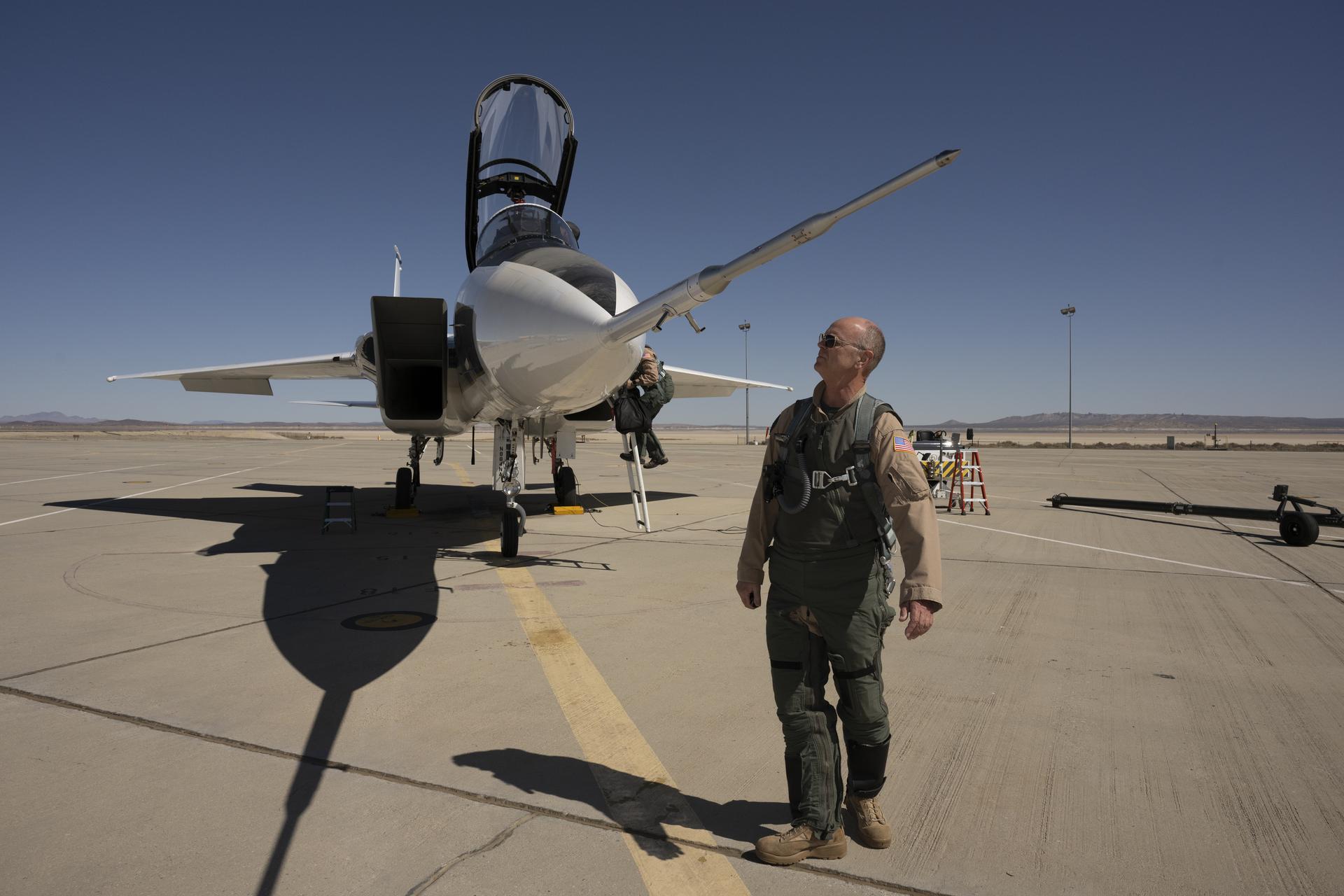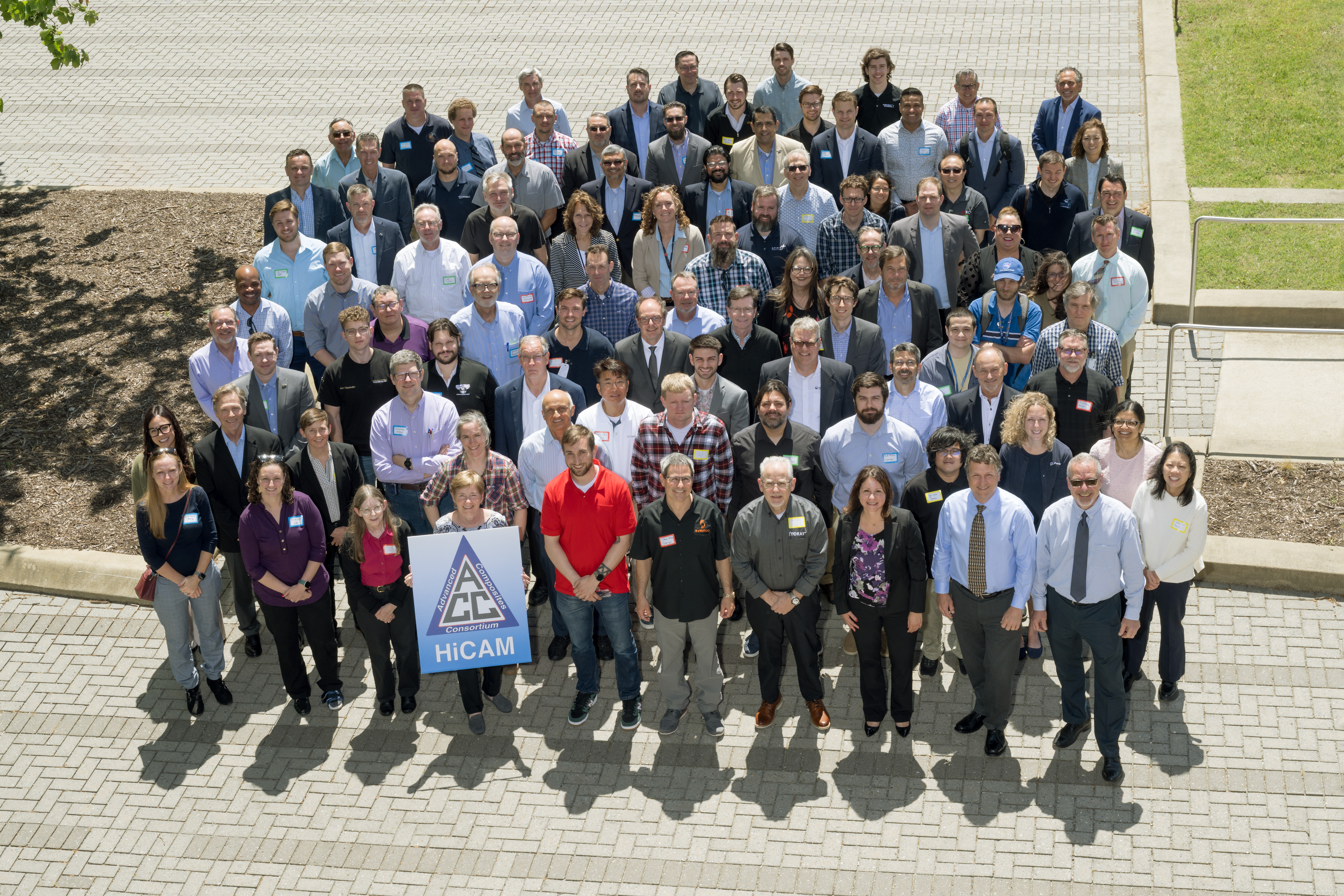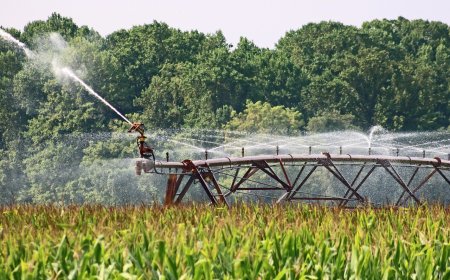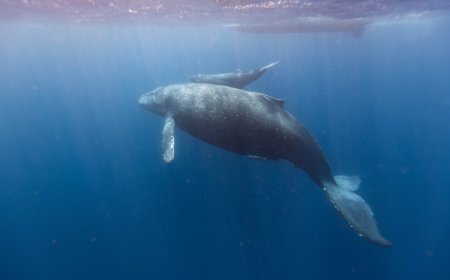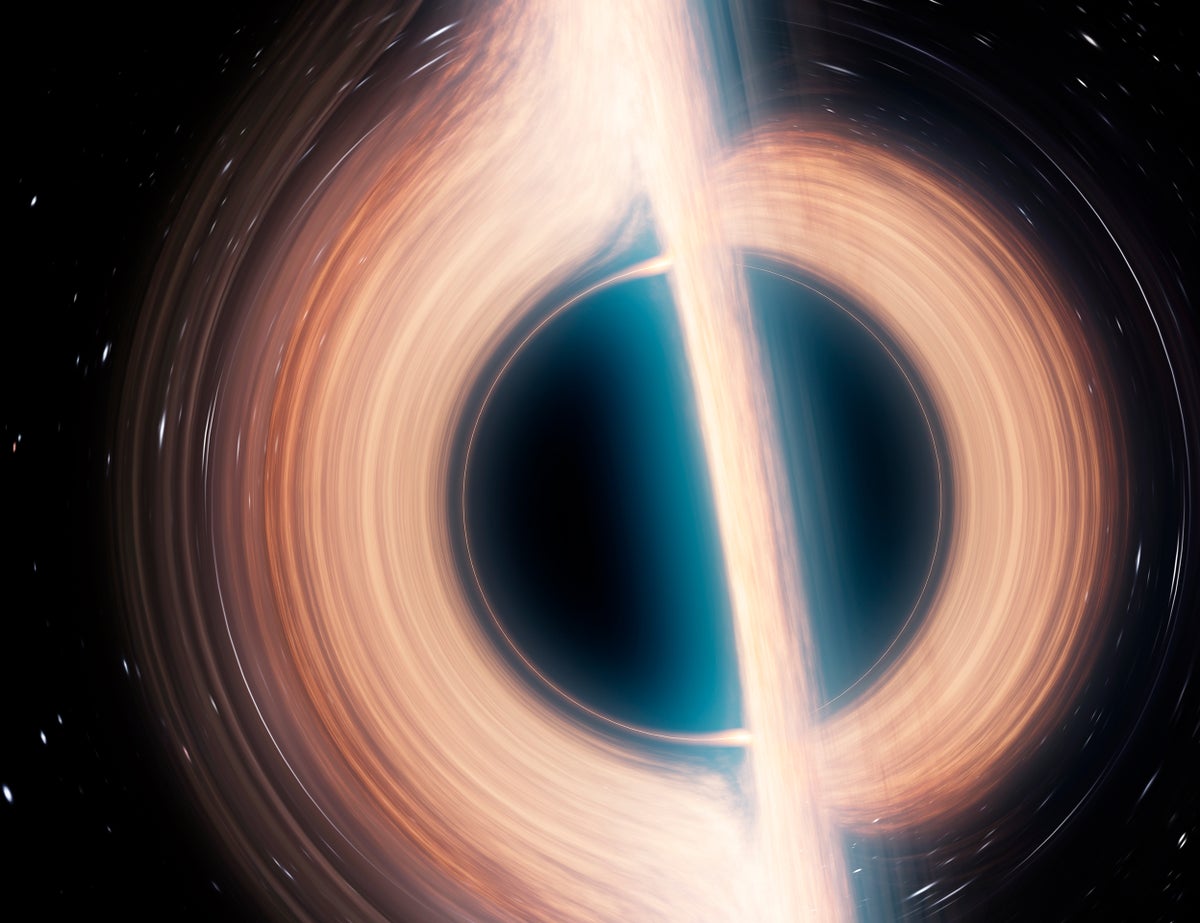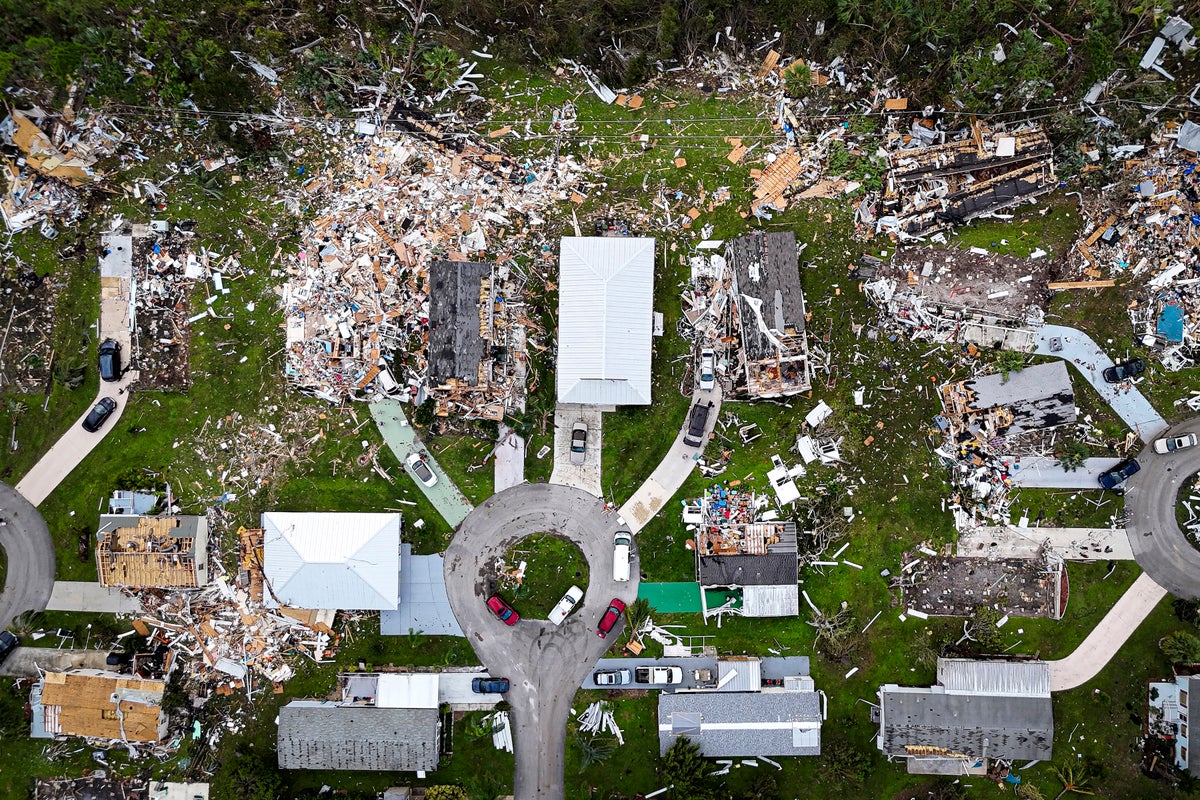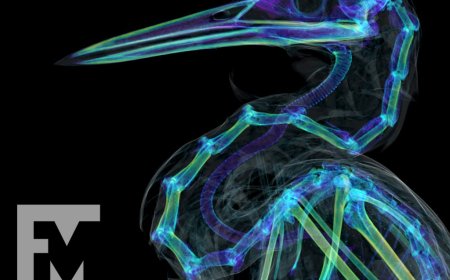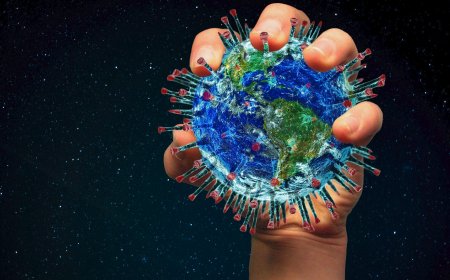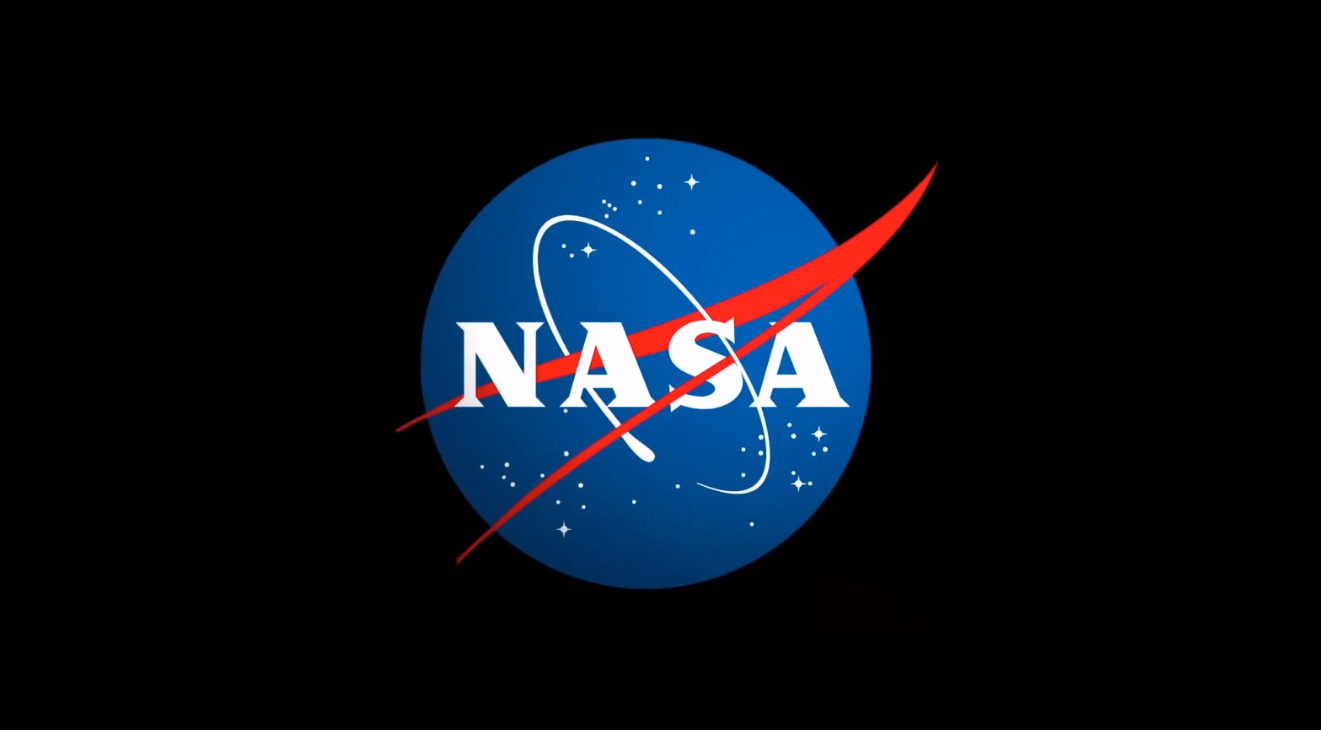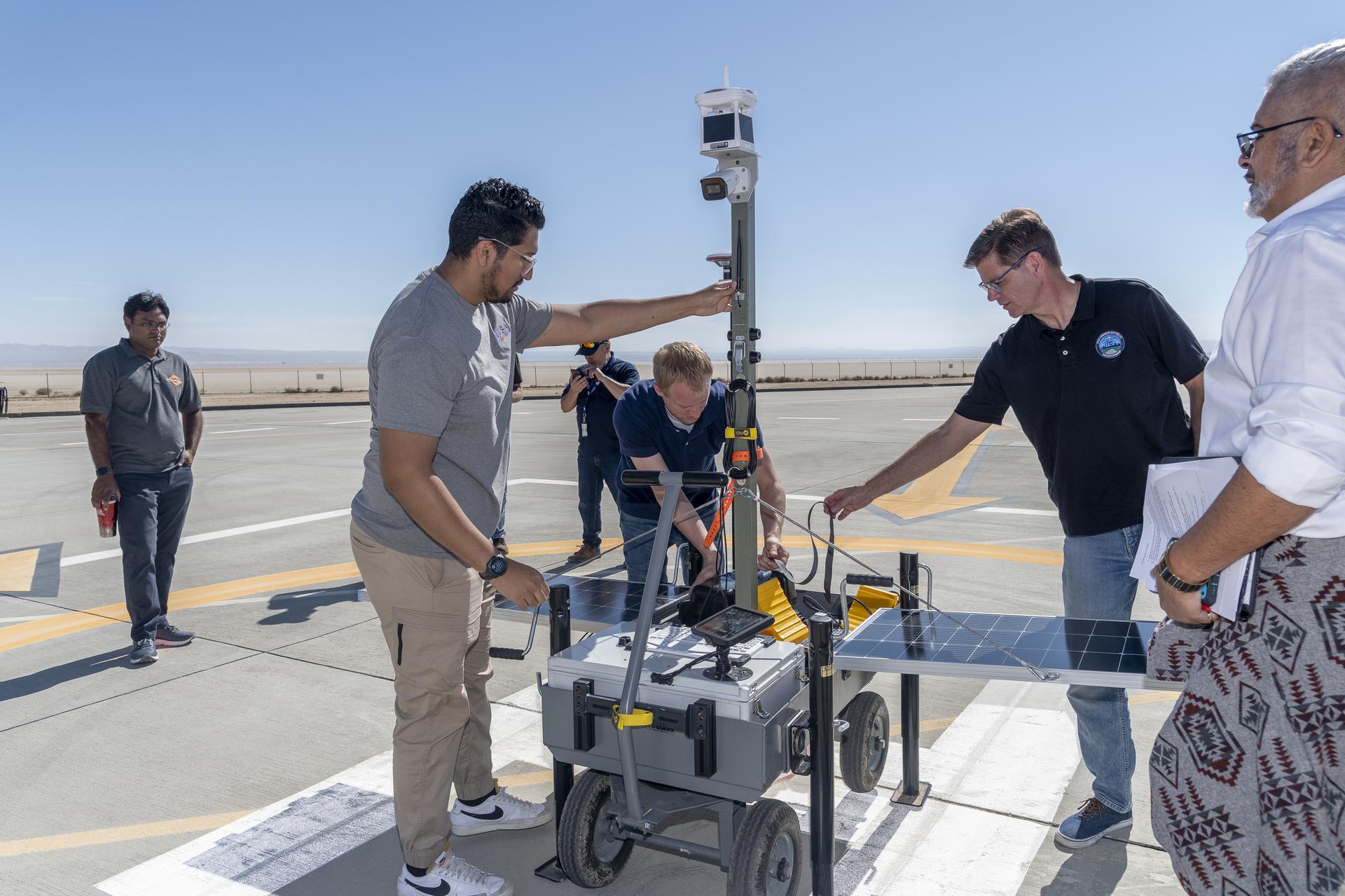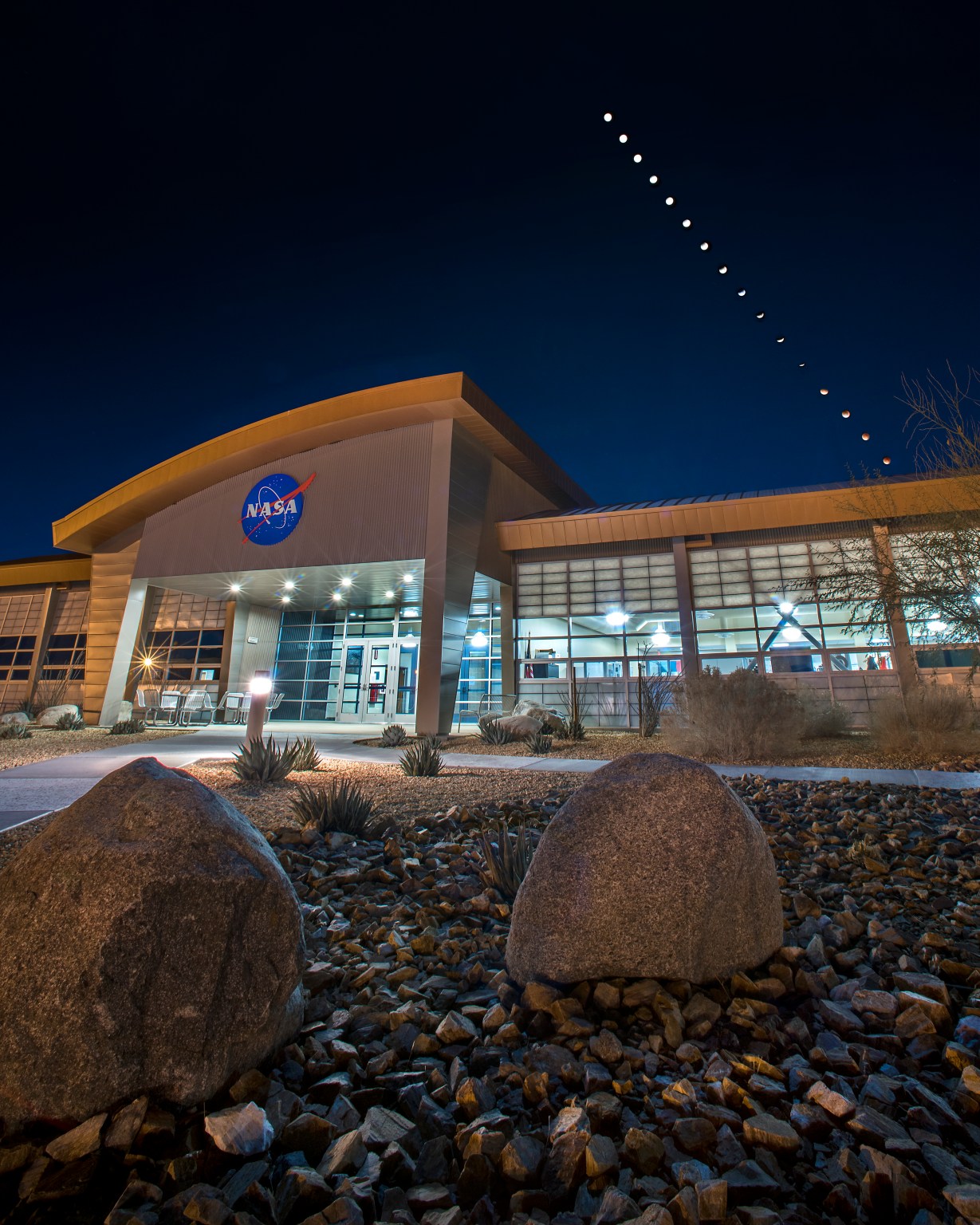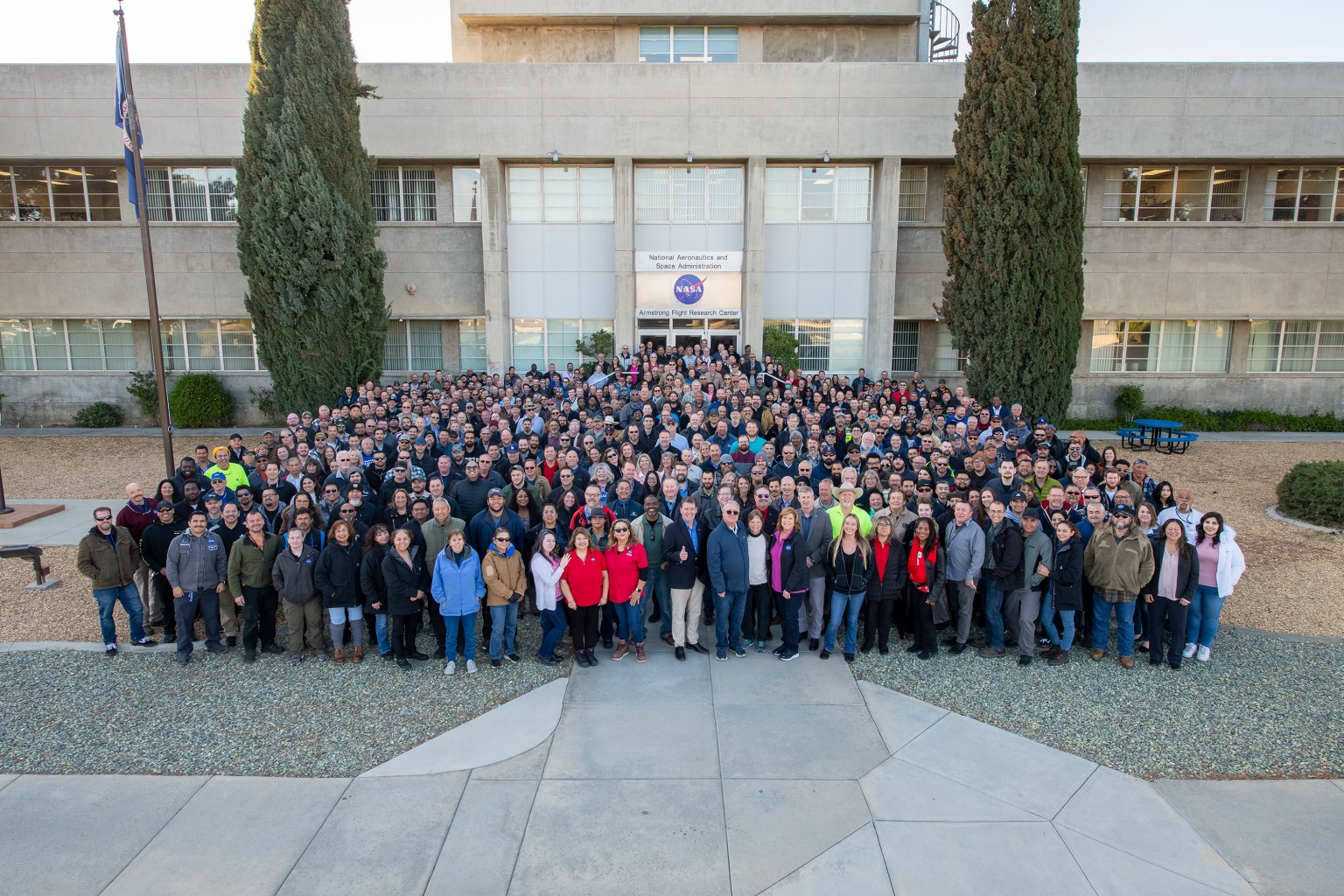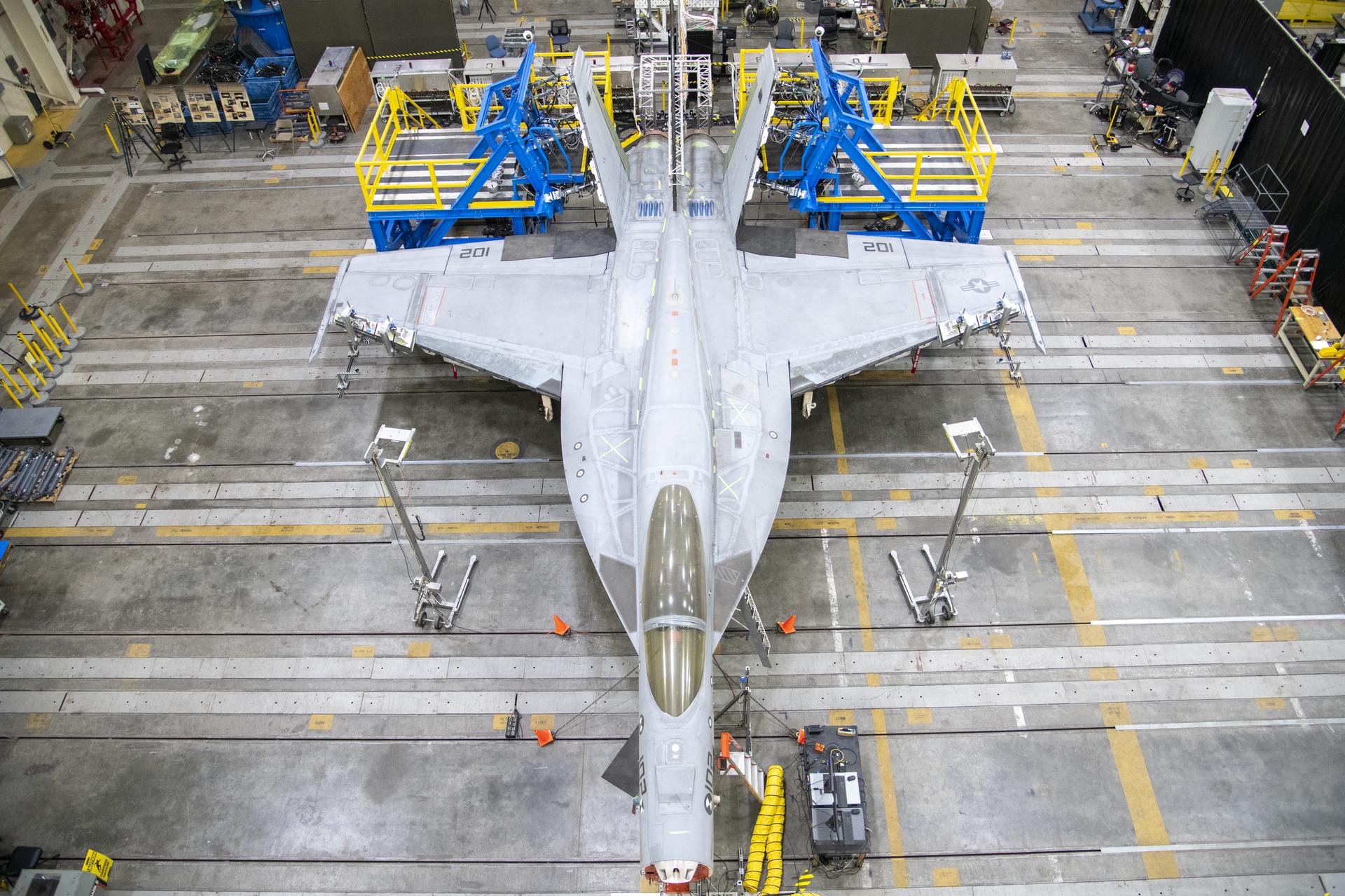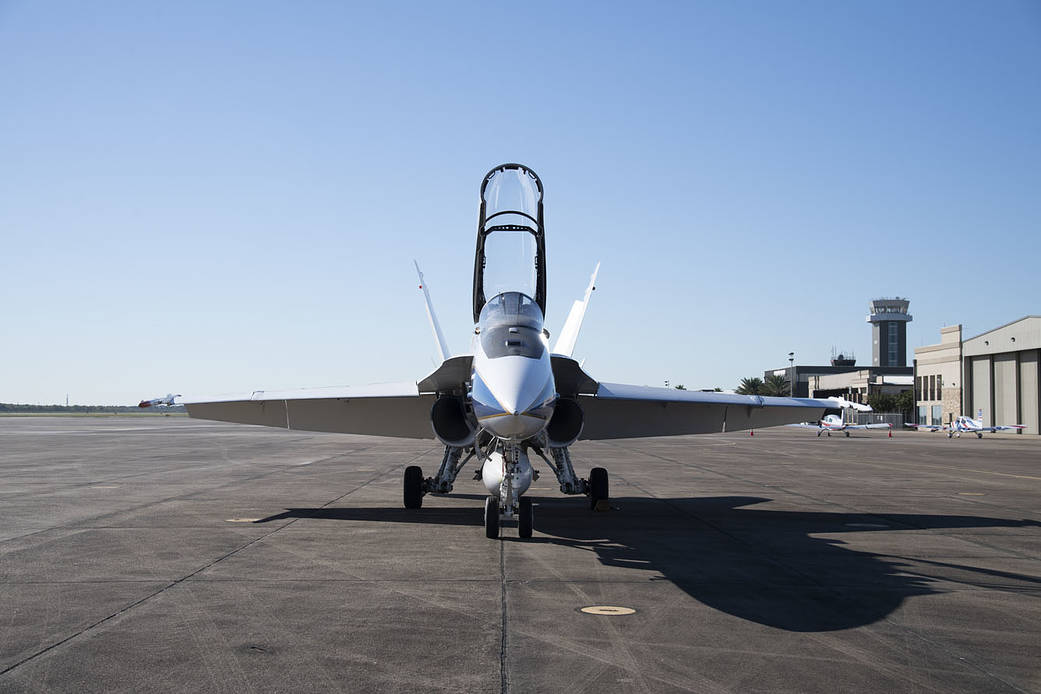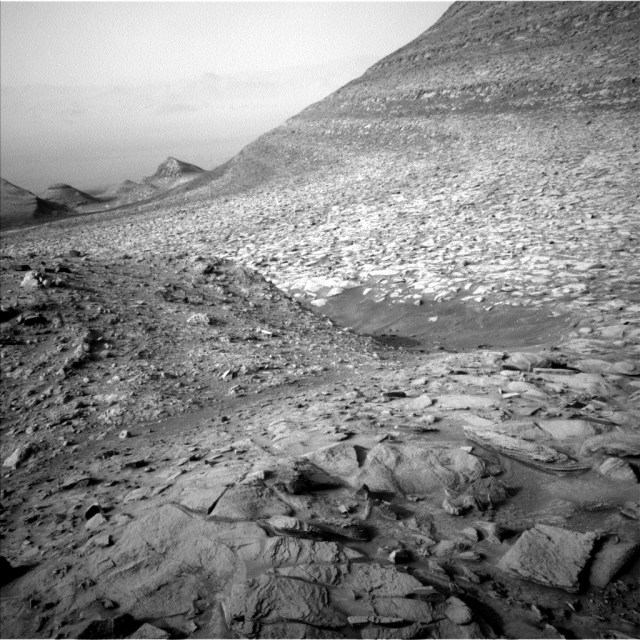NASA Releases Economic Impact Report for Fiscal Year 2023
In fiscal year 2023, NASA investments supported 66,208 jobs in the state of California, generated $18.5 billion in economic output and $1 billion in tax revenue to the state’s economy. Overall, NASA generated an estimated $9.5 billion in federal, state, and local taxes throughout the United States. NASA’s Armstrong Flight Research Center in Edwards, California […]
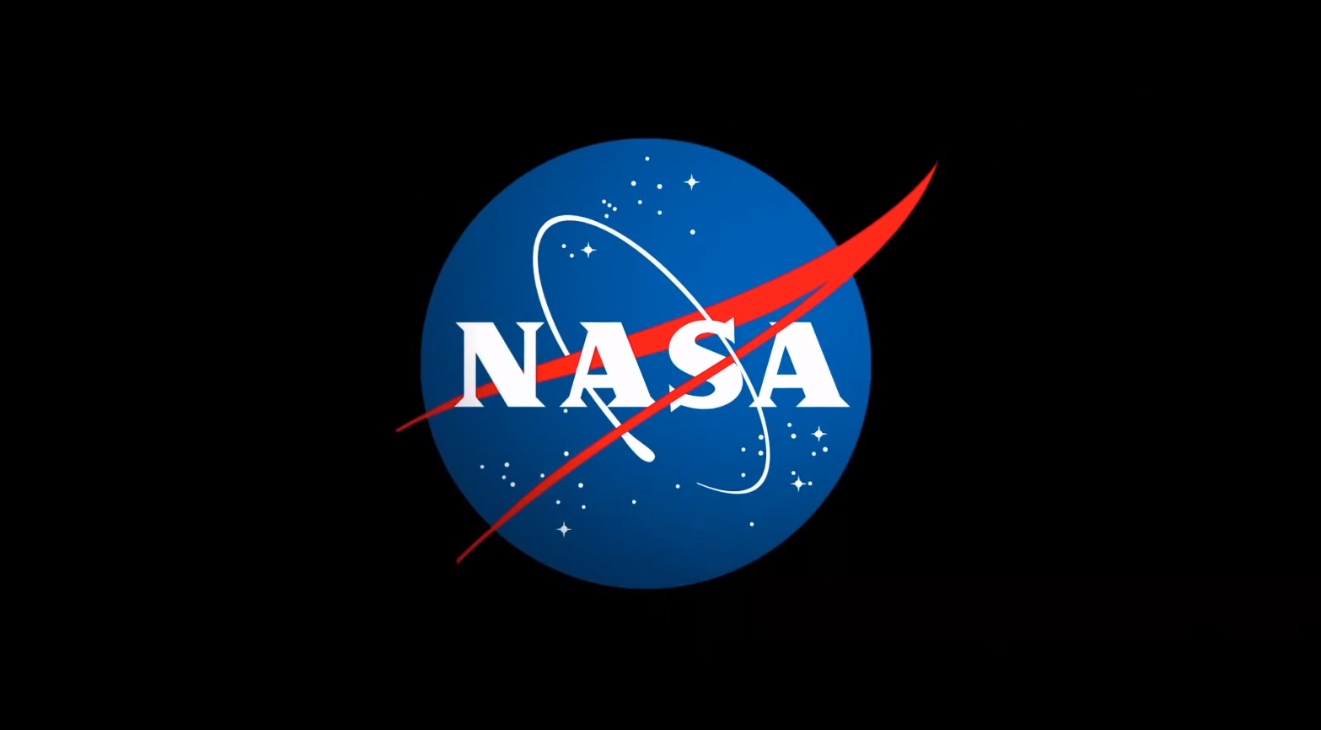
2 min read
Preparations for Next Moonwalk Simulations Underway (and Underwater)
In fiscal year 2023, NASA investments supported 66,208 jobs in the state of California, generated $18.5 billion in economic output and $1 billion in tax revenue to the state’s economy.
Overall, NASA generated an estimated $9.5 billion in federal, state, and local taxes throughout the United States.
NASA’s Armstrong Flight Research Center in Edwards, California is one of three NASA centers in the state that contributes to this economic achievement. The center supports critical research in sustainable flight, air mobility, and airborne science, reinforcing the region as a hub of aerospace innovation.
Most notably, NASA Armstrong plays a unique role in the Quesst mission and X-59 project, aimed at reducing the sonic booms into quieter “sonic thumps,” to change regulations impeding supersonic flight over land. Additionally, maturing key airframe technologies with the X-66 aircraft in the Sustainable Flight Demonstrator project which may influence the next generation single-aisle seat class airliner. The Center also supports the research of electric air taxis and drones to operate safely in the national airspace as well as supporting science aircraft for NASA’s Earth Science Mission.
NASA’s Moon to Mars campaign generated 16,129 jobs and $4.7 billion in economic output in California. Collaborations with contractors like Boeing and Lockheed Martin further extended these benefits by creating thousands of high-skilled jobs in the Antelope Valley and across the state.
NASA also fosters partnerships with educational institutions across the state, investing $39.5 million in universities to cultivate the next generation of aerospace innovators. These investments bring STEM opportunities to local communities and prepare students for careers in cutting-edge industries – adding to the agency’s most valuable asset, its workforce.
NASA embraces the challenges of exploring the unknown and making the impossible possible as we continue our global leadership in science, human spaceflight, aerospace innovation, and technology development, and support the U.S. economy and benefit all.
Read the full Economic Impact Report for Fiscal Year 2023.
-end-
Nicolas Cholula / Sarah Mann
NASA’s Armstrong Flight Research Center
661-714-3853 / 661-233-2758
nicolas.h.cholula@nasa.gov /sarah.mann@nasa.gov
Share
Details
Related Terms
What's Your Reaction?







